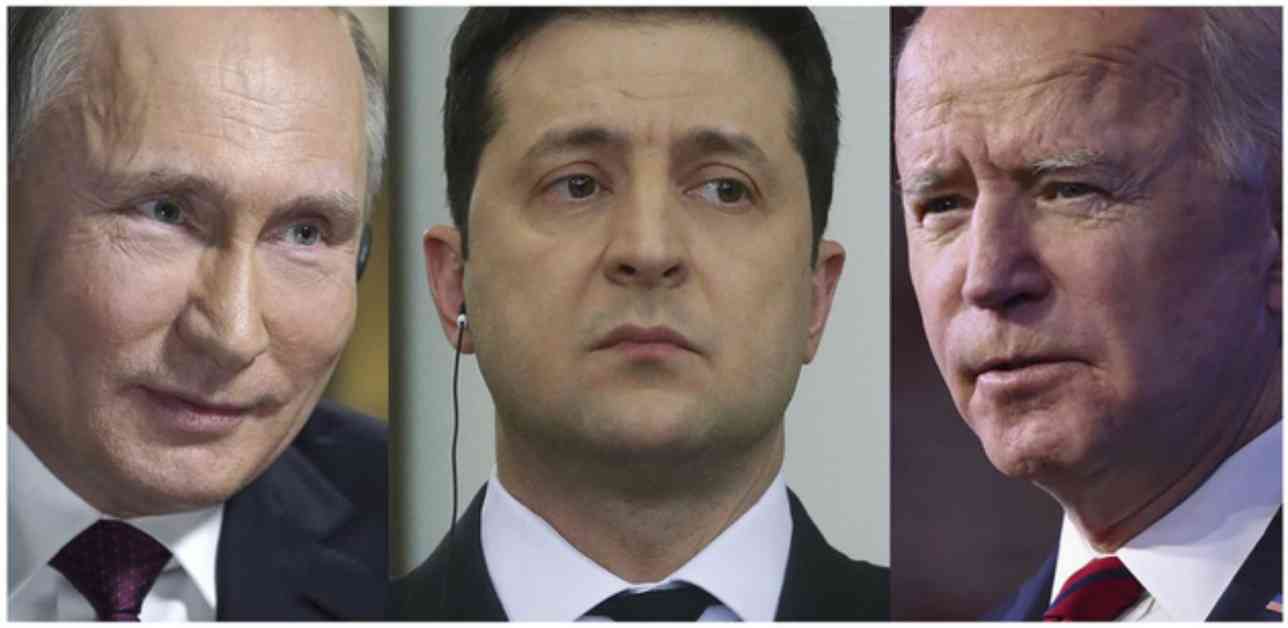Insider’s Perspective on Biden Administration’s Mishandling of Ukraine
In the waning days of his presidency, Joe Biden has made significant moves to support Ukraine, including imposing sanctions on Russia’s oil industry and its fleet of oil tankers. These actions have already led to some ships being denied entry to Chinese ports, with India planning to follow suit. Despite these welcome measures, the overall response to the Ukraine crisis has been criticized as too little, too late.
Insights from a Political Adviser
Jason Jay Smart, a political adviser with firsthand experience in Ukraine and other regions, offers a unique perspective on the Biden administration’s handling of the situation. Smart, who has been a vocal opponent of Russian President Vladimir Putin, highlights missed opportunities and flawed strategies that have hindered Ukraine’s ability to achieve a decisive victory.
Smart’s observations shed light on the influence of key advisers like Jake Sullivan, William Burns, and Samuel Charap, who advocated for cautious approaches that ultimately failed to deter Putin’s aggression. Their belief in negotiation and peace talks with Russia, rather than decisive action, may have hindered the administration’s ability to effectively address the crisis.
Lessons Learned and Missed Opportunities
As President Biden’s term comes to a close amid low approval ratings, the question remains: does he fully grasp the consequences of his administration’s missteps? While recent efforts to bolster support for Ukraine suggest a recognition of past failures, the tragedy lies in the squandered opportunities to decisively confront Russia.
Smart’s insights offer a sobering reminder of the complexities and challenges inherent in international relations, particularly when dealing with adversarial regimes like Putin’s Russia. The interplay of personal relationships, historical context, and geopolitical calculations can profoundly shape the outcomes of diplomatic efforts, highlighting the importance of strategic foresight and decisive action in navigating such delicate situations.
In recounting his experiences and observations, Smart underscores the need for a nuanced and informed approach to foreign policy, emphasizing the critical role of leadership in shaping outcomes on the world stage. As the Biden administration grapples with the aftermath of its handling of the Ukraine crisis, Smart’s perspective serves as a poignant reminder of the enduring impact of strategic miscalculations and missed opportunities in shaping the course of history.

















